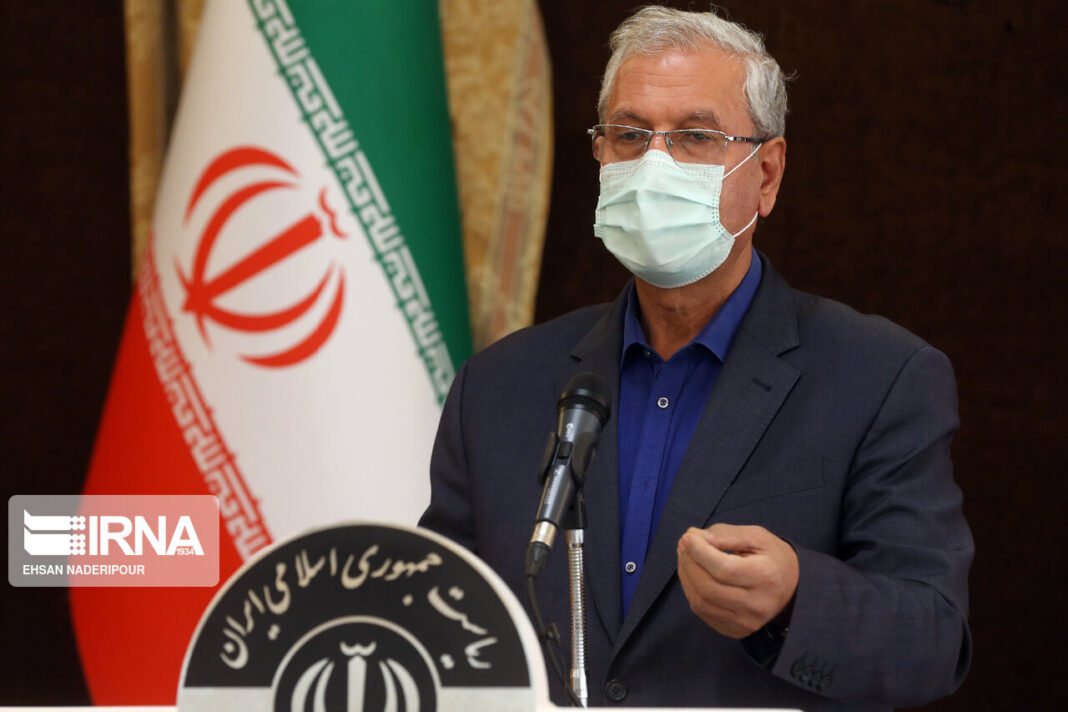Ali Rabiei said the Biden administration should prove its claim that it wants to put up a serious fight against coronavirus.
“With regards to coronavirus, I should mention that given a change of government in the United States and the coming to power of an administration which has, at least, claimed it is not against science unlike the previous administration, and claims it wants to work well in fighting coronavirus, it is expected to release frozen forex assets which belong to Iran to be used to fight coronavirus and provide health and food,” said Rabiei.
“We also expect banking sanctions on our foreign currency transactionstol end immediately,” he said.
Rabiei expressed concern over the global COVID-19 infections and fatalities, calling for compliance with health protocols and restrictions to contain the spread of the virus.
“So far, 100 million people in the world have contracted coronavirus and the death toll has crossed the 2 million mark,” said the spokesman.
“COVID-19 keeps taking its toll, and mutated and deadly viruses have been seen in some parts of the world,” he said.
“In Tehran, too, the number of hospitalized patients ranging in age from 5 to 17 years old has unfortunately increased,” he said.
Rabiei reiterated that Iran is pressing ahead with efforts to start the vaccination process as soon as possible.
“Vaccination is an important issue in public opinion. The process of producing three Iranian vaccines is going well at the Barakat Foundation, the Razi Institute and the Pasteur Institute. There is hope that in late spring or early summer next year, Iranian people will be able to use domestically-made vaccines, which will be completely available to the public,” he said.
“Being confident in the performance of the health ministry and its controls, the government gives assurances that the vaccines produced in the country will definitely be approved by international organizations and can compete with other vaccines on the international stage,” said Rabiei.
“With an agreement on the provision of vaccines being finalized, the inoculation of high-risk groups will get underway in February,” he noted.
Rabiei added no city in Iran is, at the moment, categorized as a high-risk zone known as “red” cities under the classification of the National Coronavirus Headquarters.
“Fortunately, no city in Iran is in a “red” state, and there are only 19 “orange” cities,” said the spokesman.
“Iran’s performance with regards to containing the disease is praiseworthy and is not comparable to that of European and other countries. Still, failure to observe health protocols, nonessential gatherings, failure to take the danger of the spread of the virus seriously and the mutation of the virus in Europe and in other countries might lead to a new surge in the disease,” he explained.
“Despite all the emphasis put by all government organizations, especially the health system, we once again call on people to observe protocols. Failure to respect health protocols will lead to another surge,” he said.
“We should all join hands to maintain this situation until the injection of imported vaccines will get underway and domestically produced vaccines will become available to all,” he added.
